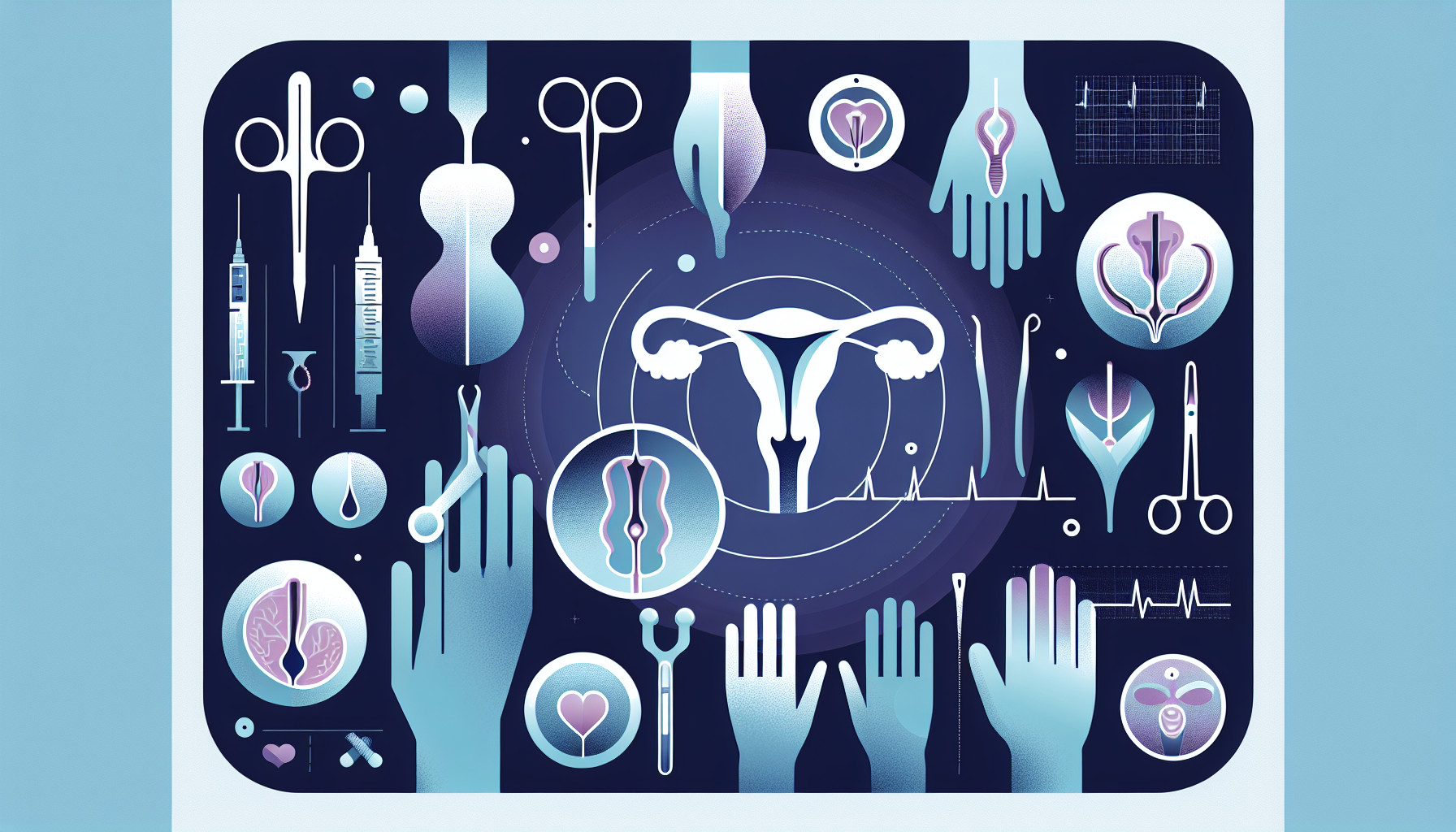Our Summary
This research paper looks at how successful vaginal reconstruction surgery is for transgender women, specifically in relation to their sexual health after the surgery. The researchers reviewed existing studies to understand the sexual outcomes and any potential treatment methods for sexual dysfunction after surgery.
The paper explains that there are different surgical options for creating a neovagina, which is a constructed vagina. These include a method that uses the skin from the penis, sometimes with additional skin grafts or local tissue flaps, and another method that uses part of the intestine.
Interestingly, the research finds that regardless of the surgical method used, most transgender women report being satisfied with their sexual experiences after surgery. However, up to 29% might experience sexual dysfunction - problems related to sexual activities that cause distress.
The paper suggests several treatment options for sexual dysfunction, including hormone therapy, physical therapy for the pelvic floor muscles, sex therapy, and sex surrogacy (using a surrogate partner for therapeutic sexual experiences).
The researchers conclude by emphasizing the need for more specific tools to measure outcomes in this patient group, to better understand their sexual function, any sexual problems, and the effectiveness of different treatments after surgery.
FAQs
- What are some of the surgical methods for creating a neovagina mentioned in the research paper?
- What percentage of transgender women might experience sexual dysfunction after vaginal reconstruction surgery?
- What are some of the suggested treatment options for sexual dysfunction after the surgery?
Doctor’s Tip
A helpful tip a doctor might give a patient about vaginoplasty is to make sure to follow post-operative care instructions carefully to ensure proper healing and minimize the risk of complications. This may include taking pain medications as prescribed, keeping the surgical site clean and dry, and avoiding strenuous activities or sexual intercourse until cleared by the surgeon. It is also important to attend follow-up appointments to monitor healing progress and address any concerns.
Suitable For
Patients who are typically recommended for vaginoplasty include transgender women who are seeking gender-affirming surgery to align their physical appearance with their gender identity. These individuals may experience gender dysphoria related to their genitalia and desire to have a neovagina to improve their quality of life and alleviate distress associated with their assigned sex at birth.
In addition, individuals with congenital conditions such as vaginal agenesis or vaginal atresia, which result in the absence or underdevelopment of the vagina, may also be recommended for vaginoplasty to improve their reproductive and sexual health.
Overall, vaginoplasty is recommended for individuals who desire to have a functional and aesthetically pleasing vagina, and who have realistic expectations regarding the outcomes and potential risks associated with the surgery. It is important for patients to undergo a thorough evaluation by a multidisciplinary team, including mental health professionals, endocrinologists, and surgeons, to ensure that they are well-informed and prepared for the surgical procedure and post-operative care.
Timeline
- Before vaginoplasty:
- Patient undergoes psychological evaluation and counseling to ensure readiness for surgery.
- Patient may undergo hormone therapy to achieve desired physical changes.
- Patient undergoes surgical consultation and pre-operative evaluations.
- Patient undergoes vaginoplasty surgery, which can involve using skin from the penis or part of the intestine to create a neovagina.
- After vaginoplasty:
- Patient goes through post-operative recovery period, which includes pain management and wound care.
- Patient undergoes follow-up appointments to monitor healing and address any complications.
- Patient begins dilation therapy to maintain vaginal depth and width.
- Patient may experience changes in sexual function and satisfaction post-surgery.
- Patient may seek treatment for sexual dysfunction, such as hormone therapy, physical therapy, sex therapy, or sex surrogacy.
- Patient undergoes long-term follow-up care to monitor sexual health and overall well-being.
What to Ask Your Doctor
Some questions a patient should ask their doctor about vaginoplasty include:
- What are the potential risks and complications of vaginoplasty surgery?
- What is the recovery process like and how long does it typically take?
- How soon after surgery can I resume sexual activity?
- Will I need to undergo any additional procedures or treatments for optimal sexual function after surgery?
- What are the success rates for vaginoplasty in terms of sexual satisfaction and function?
- Are there any specific lifestyle changes or precautions I need to take post-surgery?
- Will I need to undergo any hormone therapy or other treatments to maintain sexual function after surgery?
- How often should I follow up with you after the surgery for monitoring and any potential issues?
- Can you provide me with resources or support for sexual health and wellness after vaginoplasty?
- Are there any specific exercises or techniques that can help improve sexual function after surgery?
Reference
Authors: Schardein JN, Nikolavsky D. Journal: Sex Med Rev. 2022 Jan;10(1):77-90. doi: 10.1016/j.sxmr.2021.04.001. Epub 2021 Jul 1. PMID: 34219008
